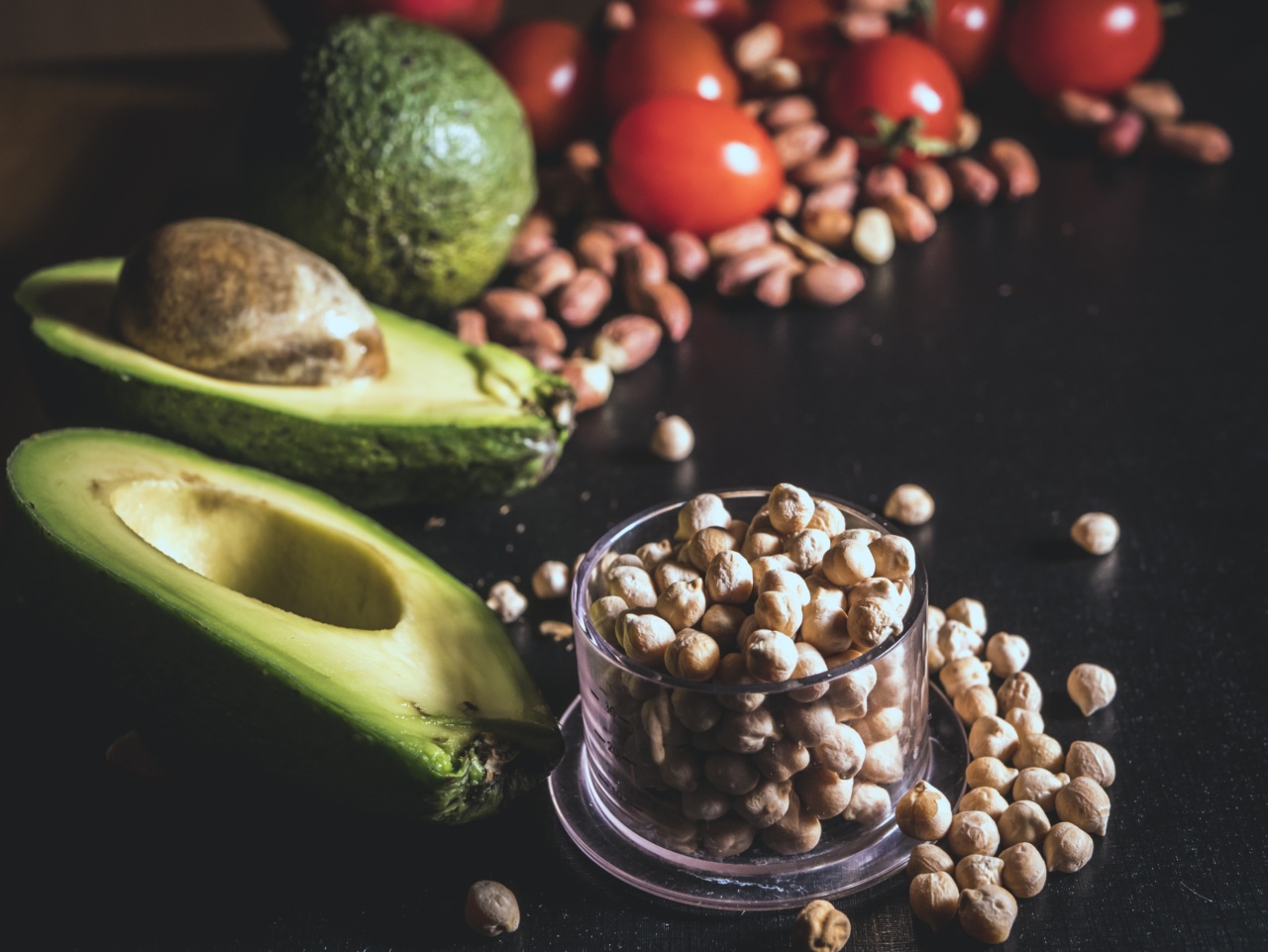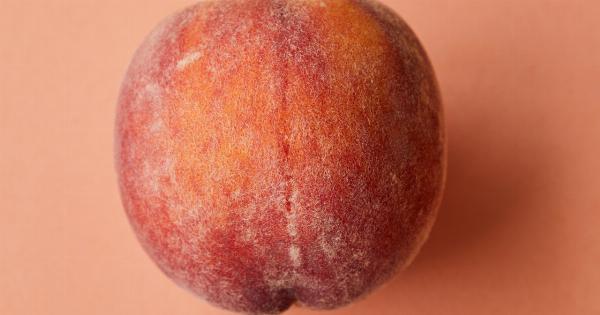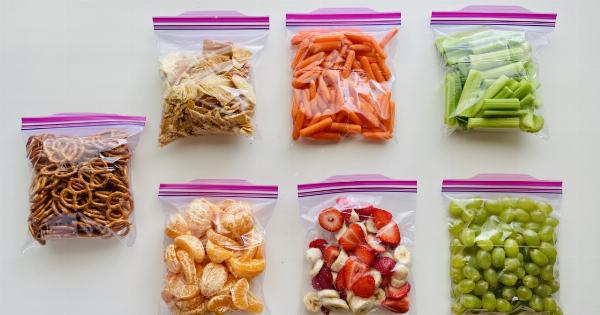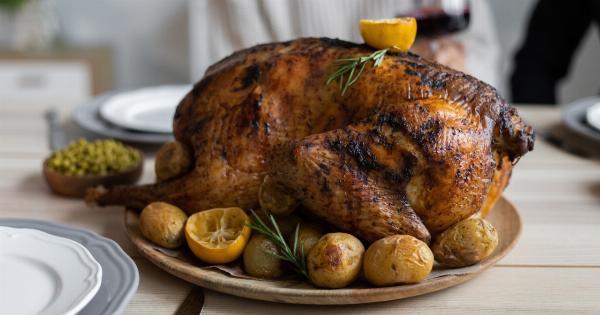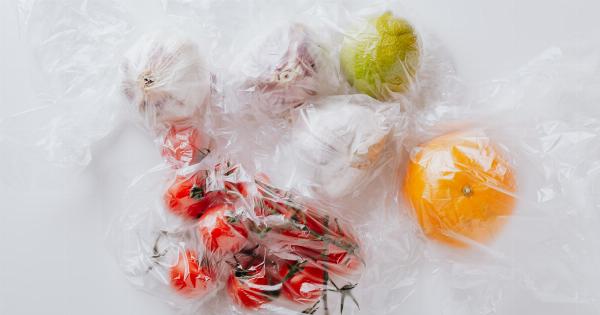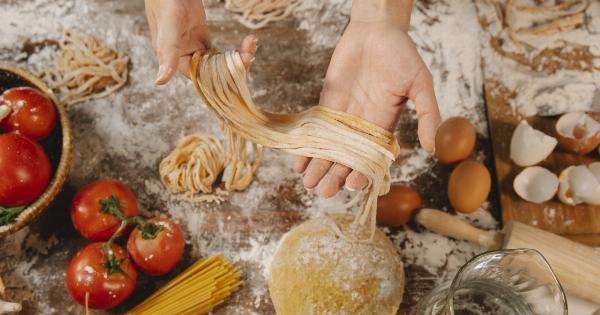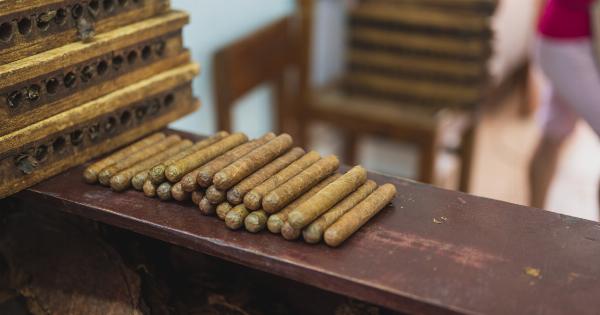Nuts and seeds are delicious and nutritious snacks that can be enjoyed on their own or added to various dishes. However, to fully benefit from their flavor and health properties, it is important to keep them fresh.
Proper storage techniques can help minimize the risk of spoilage and maintain their taste and texture. In this article, we will explore expert tips for keeping nuts and seeds fresh for longer periods.
1. Store in a Cool and Dry Place
One of the most important factors in preserving the freshness of nuts and seeds is to store them in a cool and dry place. Exposure to heat and moisture can accelerate their deterioration and make them go rancid more quickly.
Therefore, it is best to keep them in a pantry or cupboard away from direct sunlight and sources of moisture like the sink or refrigerator.
2. Use Airtight Containers
Investing in airtight containers can greatly extend the shelf life of nuts and seeds. These containers prevent air and moisture from entering and can keep the snacks fresh for longer periods.
Mason jars, glass containers with rubber seals, or vacuum-sealed bags are excellent options for storing nuts and seeds. Ensure that the containers are clean and dry before transferring the snacks to them.
3. Avoid Clear Containers
While transparent containers may look aesthetically pleasing, they can cause the nuts and seeds to degrade more quickly. Light exposure can lead to oxidative damage and deterioration of their quality.
Instead, opt for opaque containers that provide a protective shield against light. If you have clear containers, store them inside a dark pantry or cover them with an opaque cloth or paper to minimize light exposure.
4. Refrigerate Perishable Varieties
Some nuts, such as walnuts and pine nuts, have a high-fat content and are more prone to spoilage. Refrigerating these perishable varieties can help prolong their freshness.
However, it is important to ensure they are stored in airtight containers or sealed bags to protect them from absorbing odors from other foods in the fridge. Before consuming the refrigerated nuts, allow them to come to room temperature to enhance their flavor.
5. Freeze for Long-Term Storage
If you have large quantities of nuts and seeds that you won’t consume within a few months, freezing them is an excellent way to maintain their freshness. Freezing slows down the oxidation process and keeps the snacks from going rancid.
Before freezing, divide the nuts and seeds into smaller portions and place them in airtight freezer bags or containers. When you need them, simply thaw the desired quantity in the refrigerator overnight.
6. Avoid Exposing to Moisture
Moisture is the enemy of nut and seed freshness. Even small amounts of humidity can lead to mold growth and spoilage. When purchasing nuts and seeds, ensure that the packaging is intact with no signs of moisture or condensation.
Additionally, avoid rinsing them before storage, as excess moisture can accelerate their deterioration. Always handle them with clean, dry hands and store them away from sources of moisture.
7. Check for Signs of Spoilage
To ensure you consume fresh and safe nuts and seeds, regularly check them for signs of spoilage. Discard any nuts or seeds that have an off smell, taste bitter or sour, or appear discolored or moldy.
Rancid nuts may develop a strong, unpleasant odor and taste. By inspecting them before consumption, you can enjoy their freshness and prevent any potential health risks.
8. Roast for Enhanced Flavor
If you buy nuts and seeds in bulk or harvest them from your garden, consider roasting them before storage. Roasting not only enhances their flavor but also helps to extend their shelf life.
Spread the nuts and seeds on a baking sheet and roast them in the oven at a low temperature for a short duration. This process can kill any bacteria or insects present and further reduce moisture content, making them less prone to spoilage.
9. Rotate Stock Regularly
For those who consume nuts and seeds regularly, it is crucial to rotate your stock periodically. By purchasing fresh batches and consuming the older ones first, you can ensure that the snacks are always at their peak quality.
Label the containers with the purchase or storage date to keep track of when to use them. Additionally, avoid buying large quantities that exceed your consumption rate to minimize the risk of spoilage.
10. Optimal Storage Times
Each type of nut and seed has a different shelf life, even with proper storage techniques. Here are some general guidelines for optimal storage times:.
– Almonds: Store in a cool, dry place for up to 2 years.
– Cashews: Store in a cool, dry place for up to 1 year.
– Pistachios: Store in a cool, dry place for up to 1 year.
– Walnuts: Refrigerate in an airtight container for up to 6 months.
– Pine nuts: Refrigerate in an airtight container for up to 3 months.
– Sunflower seeds: Store in a cool, dry place for up to 6 months.
– Pumpkin seeds: Store in a cool, dry place for up to 6 months.
Following these storage times can help ensure that you always enjoy the freshest nuts and seeds.
